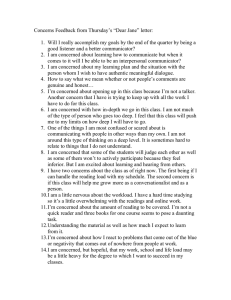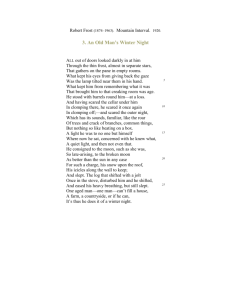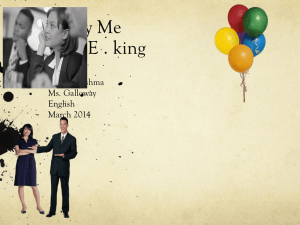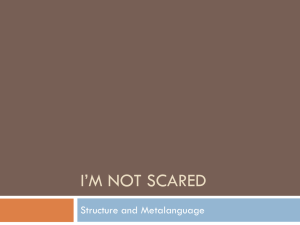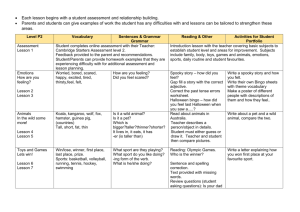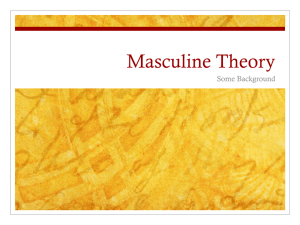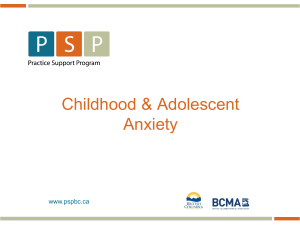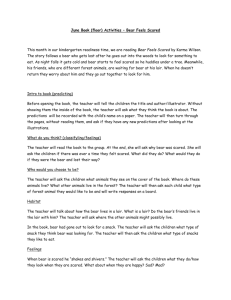Heinrichs et al cultural differences
advertisement
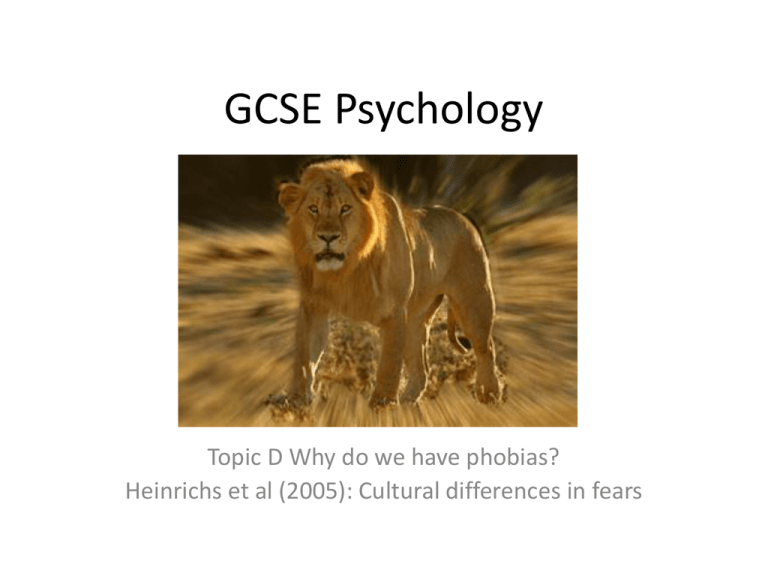
GCSE Psychology Topic D Why do we have phobias? Heinrichs et al (2005): Cultural differences in fears Last lesson… • Think back to last week’s lesson and recall the treatments/therapies used by clinical psychologists to treat phobias. • What are the two main ones? Learning objectives • To learn about the cultural issues in the development of phobias. • To investigate the study by Heinrichs et al (2005) and what they found out. Watch the clips • Children hunt venomous spiders • Three men and 15 hungry lions • Why weren’t they scared? • How do customs, traditions and social norms affect what we are scared of? When are you scared? • List four situations in which you have been scared. • Can you identify why you were scared? • Why were you scared? • Are you being sensible of silly? Social anxiety • Social anxiety is a fear someone has of social situations. Someone with social anxiety might worry in certain situations such as when meeting new people, public speaking, being watched or using the phone. • These situations might cause them to have a racing heartbeat, feel light headed, blush or shake. Heinrichs et al (2005): cultural differences in fear • After reading pages 160-161, complete the template, Heinrichs et al (2005): cultural differences in fear. • Ensure you add the key terminology definitions to the bottom of your sheet. • Using Heinrich’s study, explain how culture affects the development of fear. Homework • Revise for test on topic D why do we have fears?
